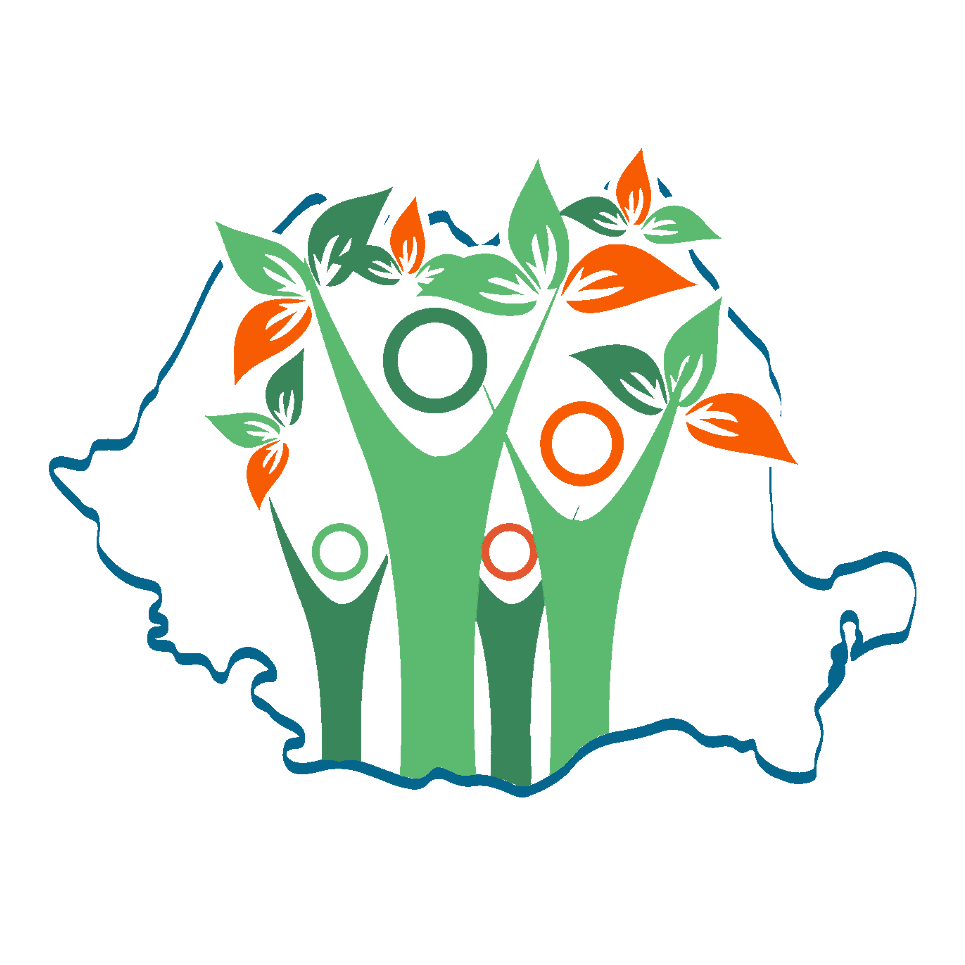As youth workers or activity coordinators, we can encounter numerous challenges ranging from conflicts and sensitive topics to project management issues and unsuccessful partnerships. Often, we lack the tools, energy, or time to handle these situations effectively or to reflect critically on our completed projects. This is why our youth worker Razvan Mihailescu joined the Critical Reflection Academy “Youth Work-Navigating Challenges with Critical Insight” in Balestrand, Norway. Through the Critical Reflection Model, this training enhanced ones capacity to engage in the reflective process and create conditions for support of well-being in the work environment.




The academy provided a space for us to step back, analyze our challenges from various perspectives, explore different tools, and refresh our approaches to addressing difficulties in youth work. The critical reflection process involves deep analysis and evaluation of experiences and actions to gain new insights and knowledge. It goes beyond merely thinking about what happened and delves into understanding why it happened and how things could have been done differently.






Throughout the project, we used various non-formal education approaches. We built various teams in order reflected on our journey in youth work, debated on various statements, and exchanged perspectives on critical questions about our roles in youth work. We also discussed privileges and power relations in our work and analyzed how these can affect our perception and reality.
One of the most impactful activities was a simulation game on cultural clashes, which heightened our awareness of our behavior and reactions when dealing with differences. The serene beauty of Balestrand, a picturesque village nestled amongst breathtaking mountains on the shores of the Sognefjord, Norway’s longest and deepest fjord, also greatly facilitated the process of critical reflection.
The academy emphasized how critical reflection helps you analyze and assess your practices, approaches, beliefs, and values. It involves questioning assumptions, considering diverse perspectives, and exploring ways to manage and deal with difficulties and challenging situations. It is a transformative process that helps us set goals, use past learnings to inform future actions, and consider the real-life implications of our thinking.
We are extending our gratitude to the trainers, Andreea Loredana and Elena Stevkovska, for facilitating and putting together such a inspiring project, as well as to all the participants for creating a creative atmosphere. Nevertheless nothing would have been possible without the hospitality of the hosting Norwegian organization “Creative Connections” and the financial support of the Erasmus+ Program through the Norwegian National Agency.”








Trebuie să fii autentificat pentru a publica un comentariu.